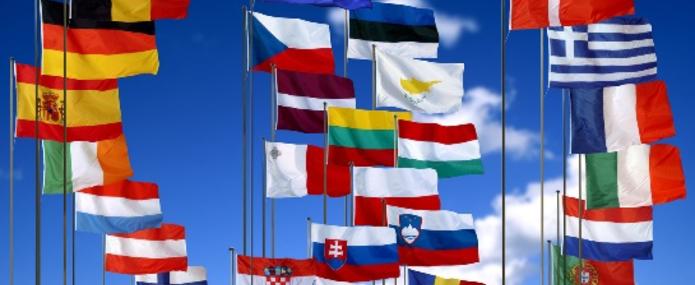The German federal elections will be held at the end of the month. Afterwards, the French-German tandem and its partners will need to urgently set about proposing a strong and promising European project.
With “One Belt, One Road”, a massive investment plan aimed at developing infrastructure and trade links along the historic Silk Road, China has established and clearly indicated to the rest of the world its intention to extend its trade relations and its influence towards Central Asia, the Middle East, Europe and Africa, and is presenting this initiative as a new global political project for globalisation. At the same time, the election of Donald Trump as President of the United States has altered the position of the leading power in the world. His announced withdrawal from the Paris Agreement, breaking ranks with the other countries of the world in their efforts to address a key challenge for humankind, is a clear sign of this new unilateralism.
In this context, what is the European Union’s response? What vision do we want to convey in order to support and consolidate multilateral cooperation? What project do we want to promote for the union between the Member States and for Europe’s position and role in the world? The European agenda is currently marked by the Brexit negotiations, but room must be made for a new vision and for new momentum.
The challenge of the 21st century is unquestionably that of finding ways to ensure the economy provides prosperity for all, while significantly reducing inequalities and avoiding unsustainable climate warming, all within the Earth’s limits. This challenge is both extremely complex – we need to radically change our current policy frameworks and economic models and strengthen solidarity with the most vulnerable countries – and extremely promising, as a source of innovation.
This challenge can only be met if all countries contribute, but the European Union has strength and experience that is unequalled in the world, on not only the economic level but also the environmental and social levels.
Indeed, despite receiving limited attention, the European Union worked with its allies in Latin America for the adoption of the 2030 Agenda and its 17 Sustainable Development Goals (SDGs) by all Heads of State and Government during the United Nations General Assembly in September 2015. We therefore already have a compass: the SDGs. What we now need is a political project.
None of the five scenarios proposed a few months ago by the European Commission meet this challenge. A different scenario is needed, that of sustainable development. We have just under two years to achieve this, before the election of the European Parliament in mid-2019, then the renewal of the Commission. IDDRI will do its utmost to contribute to this process.


